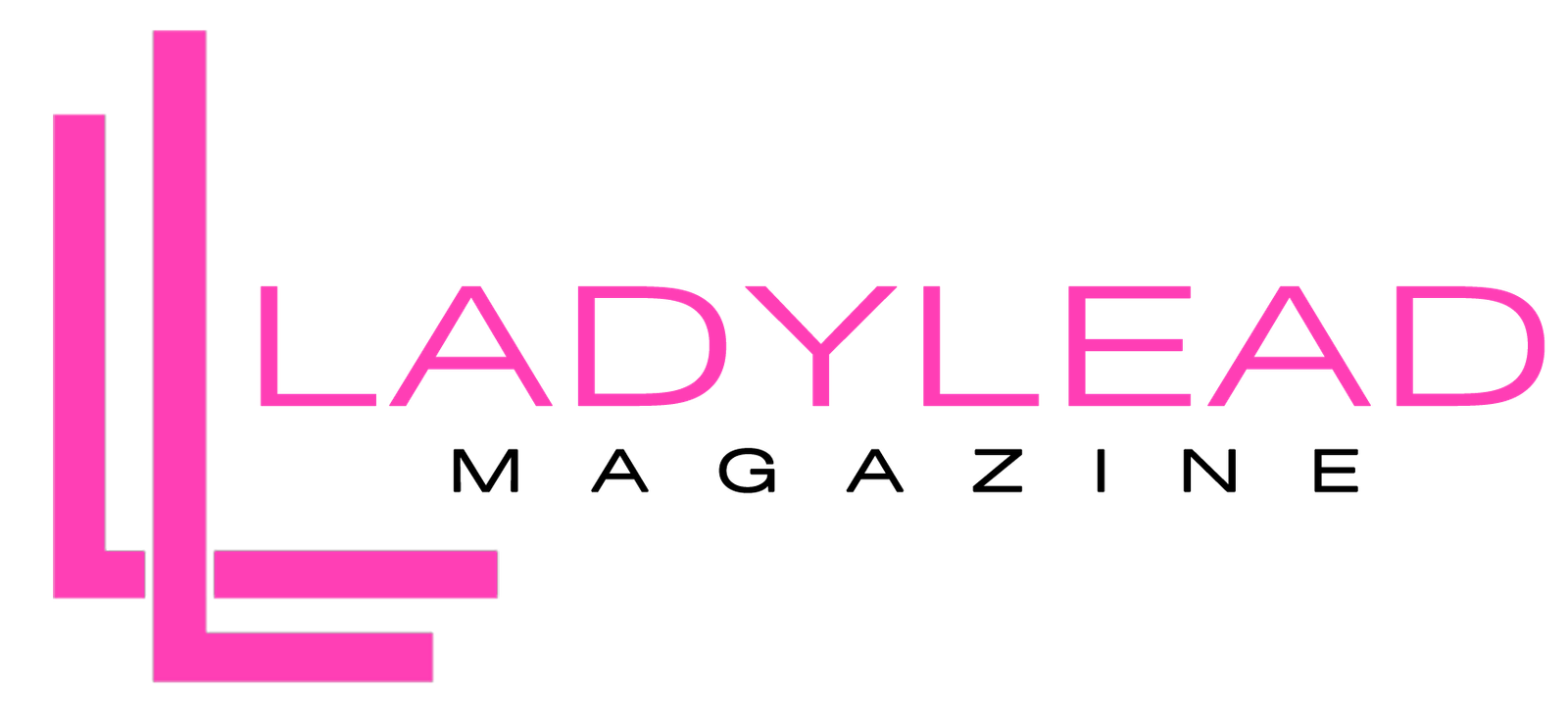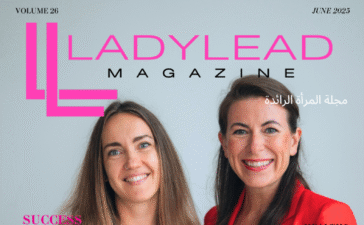I believe that despite challenges, Palestinian women around the world continue to demonstrate resilience and determination in their quest for empowerment and success
Interview with May Ghassan Saqqa
Director of Marketing & Sales – Middle East & North Africa

May is a seasoned marketing professional with over 20 years of progressive experience within the Education sector in the UAE. May’s experience within the education industry encompasses the full spectrum of Marketing, Business Development, Enrollment, Customer Service, Public Relations and Communications. May has a deep understanding of the ever-evolving landscape of education, and is committed to enhancing student experiences, driving revenue growth, and shaping the future of learning.
What strategies have you implemented in your current role to empower women in the workplace?
I’m a firm believer in leading by example and promoting respectful and inclusive behavior amongst my team members. When possible, I allow for flexible work arrangements to accommodate the diverse needs of our team members, especially working mothers. I also promote the use of gender-inclusive language in all our communication and support equal pay for equal work and equitable benefits for all employees, regardless of gender.
As a Palestinian successful woman, what challenges do you think Palestinian women face in their pursuit of empowerment and success?
I must begin by expressing my profound appreciation to the UAE, where I had the privilege of being offered ample equal opportunities that played a pivotal role in shaping my education and career.
That being said, my father always told me “Resilience and achievement often emerge from adversity and challenges.” Palestinian women, like many women worldwide, face challenges that are often shaped by a unique combination of factors. Unfortunately, Palestinian women are often faced with a myriad of challenges in the business world. Many struggle to secure funding and job opportunities or even travel permits due to their refugee status, and that hinders their advancement and impedes their career progression.
Balancing traditional familial expectations with professional aspirations can be demanding for any woman, as we are often expected to prioritize family roles. This can be especially challenging for Palestinian women in the diaspora, as they often lack the presence and support of their families in their host countries. This absence of familial support, and a strong social support network adds an extra layer of difficulty to their pursuit of career goals.
In addition to that many Palestinian women, both in the Palestinian territories and the diaspora, have experienced trauma due to conflict, displacement, and other related issues. This trauma can have a significant impact on their psychological well-being and capacity to pursue opportunities.
However, I believe that despite these challenges, Palestinian women around the world continue to demonstrate resilience and determination in their quest for empowerment and success.
In your opinion, how can we showcase the strength and resilience of Palestinian women to the rest of the world?
It is essential that we continue to share personal stories of Palestinian women who have overcome challenges and achieved success to a global audience. We must ensure that Palestinian women have a presence at international conferences and forums on topics related to women’s rights, conflict resolution, and human rights. Their perspectives and experiences are crucial in shaping global conversations. It’s crucial now more than ever to amplify their voices and stories, challenge stereotypes and biases, and work toward positive change and greater opportunities for Palestinian women.
What steps can be taken within educational institutions to create a more inclusive and supportive environment for women?
This requires a concerted effort from the institution’s leadership, faculty, staff, and students to foster a culture of gender equity where educational institutions can contribute to the empowerment and success of women in academia.
Organizations must strive for diversity in faculty and leadership positions. Having women in leadership roles that serve as role models for female students thus contribute to a more inclusive environment.
Also ensure that curricula and course materials are inclusive by representing the contributions and perspectives of women in various fields of study.
How do you ensure that your marketing efforts effectively reach and resonate with female audiences within the education sector?
The first most important step is understanding our female audiences and tailoring our messaging accordingly. I always ensure that our marketing materials and messaging are inclusive and free from gender bias to avoid stereotypes.
Within our marketing efforts we highlight success stories and showcase achievements of our female learners in education. We must also not forget the importance of visual representation to reflect diversity and inclusivity. We always include images of female students, educators, and professionals in our marketing materials.
We create marketing campaigns that resonate with and effectively reach female audiences within the education sector to inspire and empower women to pursue their educational goals.
What strategies would you propose to further promote women’s empowerment within Global Schools Foundation’s marketing and sales efforts in the MENA region?
Continue to support initiatives and causes related to women’s education and participate in advocacy efforts that promote gender equity in education. Develop mentorship or support programs for female students and educators, where experienced women can guide and inspire others in their educational journeys and careers. Collaborate with women in STEM groups, and educational institutions that actively support and promote women in education. Develop our feedback mechanisms to listen to the concerns and feedback of female audiences. Use this information to continually refine and improve our marketing efforts.








